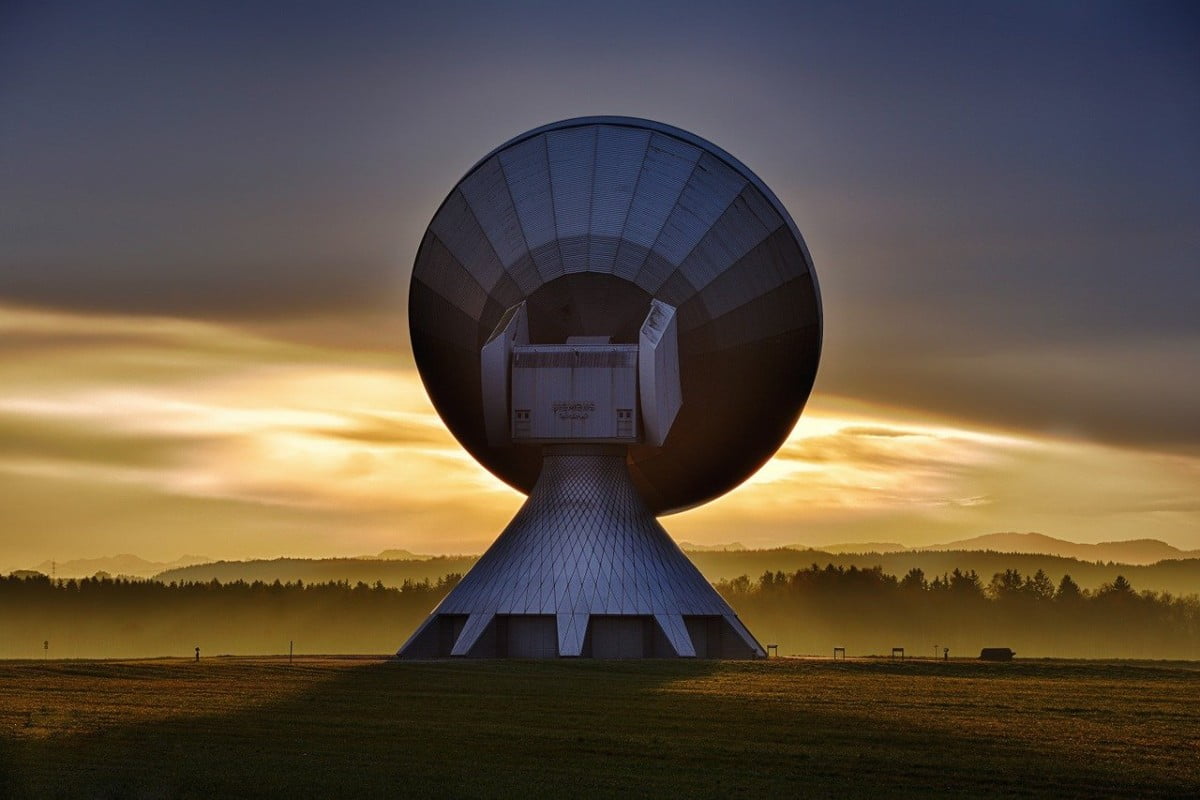
The government has recently accepted the Direct-to-Home (DTH) license guidelines proposed by the Telecom Regulatory Authority of India (Trai). It is worth noting that the acceptance of the new DTH license guidelines comes after 6 years of waiting. When proposed on July 23, 2014, the new rules to the government were titled ‘Issues related to New DTH Licenses’. The Union Cabinet has extended the license period for the DTH industry to 20 years. Normally, the approval for the license period would be 10 years, but now it is 20 years — read ahead to find out more details about the story.
Revised License Fee and Sharing of DTH Platform
The license fee has got a revision with the approval for new guidelines. DTH operators will now have to pay 8% of adjusted gross revenue (AGR) instead of 10% of gross revenue (GR). The AGR is calculated by deducting Goods and Services Tax (GST) from the GR. The government will collect this license fee from the operators on a quarterly basis.
For the unaware, the DTH industry and the Ministry of Information and Broadcasting (MIB) have had issues between them for a long time now. The DTH industry of India has four major operators: Tata Sky, Airtel Digital TV, Dish TV, and Sun Direct. These four operators had a combined subscriber base of 70.58 million until June 2020.
In 2014, the MIB had issued notices to the operators asking them to shell out license fee worth Rs 2,066 crore or Rs 20.66 billion in a span of 15 days. The DTH operators disagreed with the order and took the matter to court for which the case is still going on.
Adding to this, as per the new rules, a DTH operator will be allowed to air a maximum of 5% of its total channel carrying capacity as permitted platform channels. The operators will also have to pay Rs 10,000 per PS channel as a one-time registration fee which will be non-refundable.
The reason behind the reduction of the license fee by the government is to make the license fee rules consistent with the telecom industry. Further, the operators are now allowed to share their DTH platform on a voluntary basis with other operators.
This would allow for the efficient use of the DTH infrastructure and satellite resources by the operators of the country. Additionally, it would reduce the cost borne by the subscribers resulting in a win-win for both the DTH operators and the subscribers of the service.















